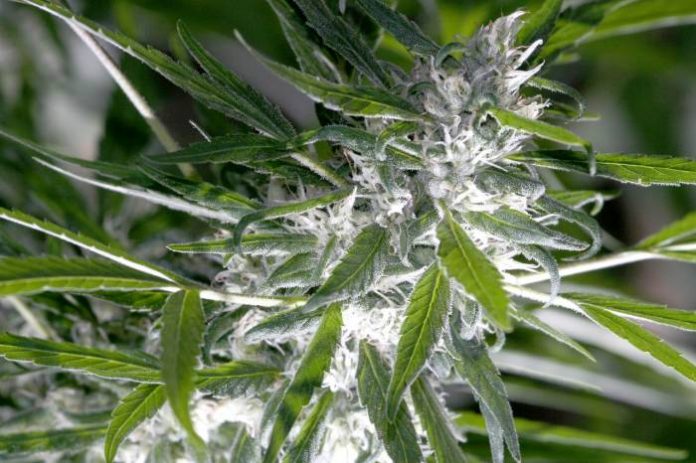Hawaii’s Department of Health last week announced it had added Amyotrophic Lateral Sclerosis (ALS) to its list of qualifying conditions for medical cannabis use.
ALS is also often referred to as motor neurone disease (MND) or Lou Gehrig’s disease. It’s a condition that impacts on the nervous system, weakening muscles. The disease is progressive and has no cure. Those suffering from the disease eventually lose the ability to speak, eat, move and breathe. Most patients die within 3 – 5 years of the onset of symptoms, but some have been known to live more than 10 years.
While rare, it is the most common degenerative disease of the motor neuron system, with an incidence of around 1–3 cases per 100,000 population per year.
The DOH’s decision was based on review and analysis of written and oral testimony, a public hearing and peer-reviewed scientific evidence.
“Although the Hawaii Department of Health found little evidence to support the value of medical cannabis for ALS; DOH determined medical cannabis may be appropriate for patients diagnosed with ALS after receiving a comprehensive assessment by a patient’s physician or APRN and a risk-benefit discussion,” says a statement from the Department.
While the DOH aren’t particularly bullish on the potential for cannabis in treating ALS patients, a study review published earlier this year in the journal Neural Generation Research offered hope:
“..there is a valid rationale to propose the use of cannabinoid compounds in the pharmacological management of ALS patients. Cannabinoids indeed are able to delay ALS progression and prolong survival.”
However, the review authors note most of the studies examined related to investigating the neuroprotective potential of cannabis compounds and were performed in animal models. The few human clinical trials of cannabis-based medicines were focused only on the alleviation of ALS-related symptoms, not on the control of disease progression.
29 states and U.S. jurisdictions permit medical cannabis and of those, 19 include ALS as a qualifying health condition for programs.
Hawaii’s decision was a result of a petitioning process. Another condition submitted for consideration was general anxiety disorder (GAD), which was declined due to what the DOH says was inconclusive medical evidence cannabis has beneficial use in the treatment or alleviation of symptoms of anxiety, social phobia and social anxiety disorder (SAD), and no evidence specifically related to general anxiety disorder.
Medical cannabis has been legal in Hawaii for many years. 19,190 patients were registered as at the end of September this year.


